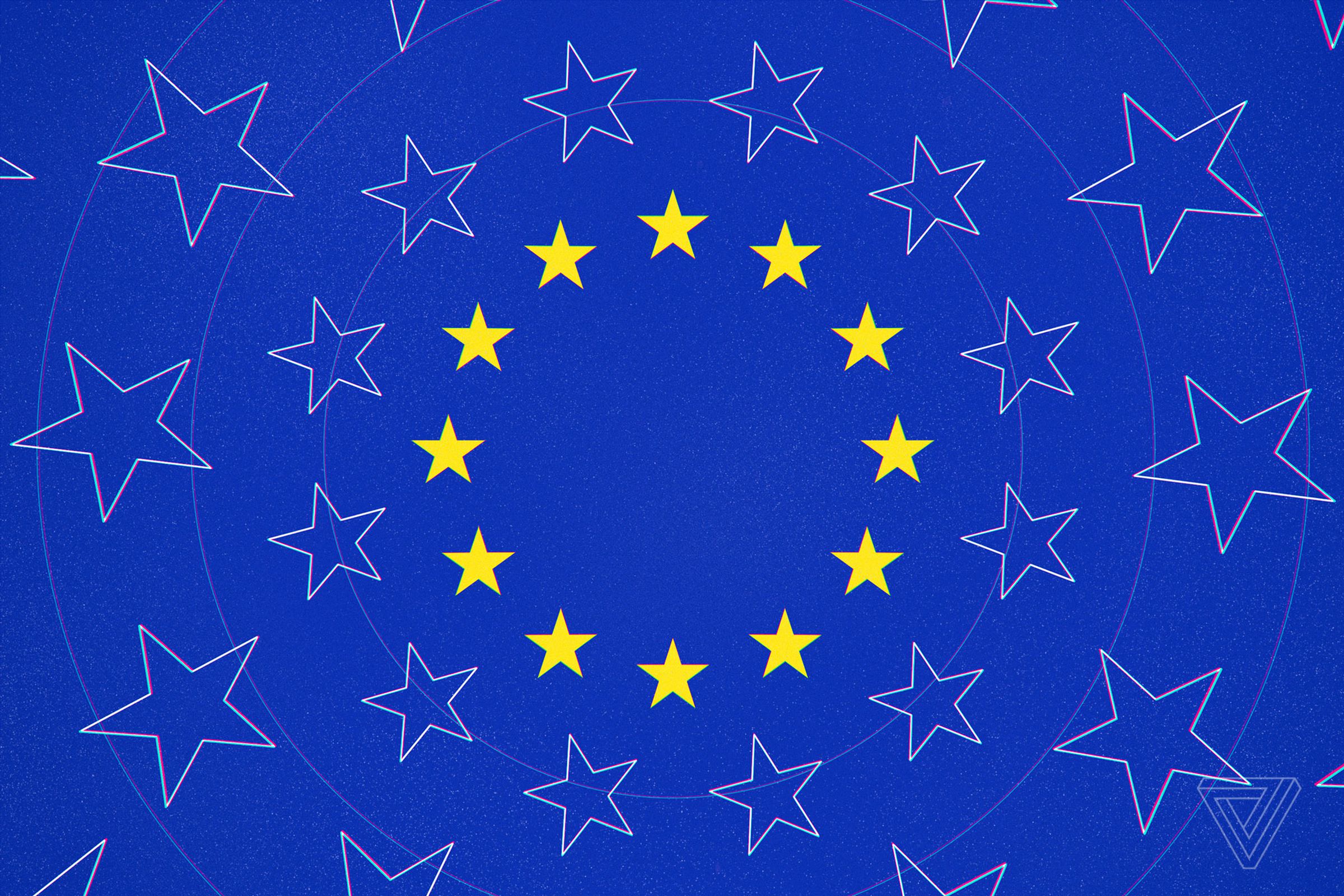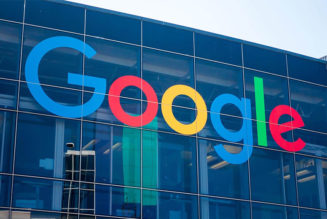A list of services that are covered by Europe’s new Digital Markets Act is due on Wednesday.
Share this story

Microsoft and Apple are reportedly pushing to keep Bing and iMessage, respectively, off a list of “gatekeepers” subject to new European regulations. Financial Times reports that both companies are privately (and separately) arguing that their services aren’t large or powerful enough to justify earning the restrictions of the Digital Markets Act, a rule designed to promote competition in tech.
The European Commission is set to publish a list of designated gatekeepers on September 6th, naming overall companies as well as specific services they offer. These powerful platforms, defined based on their revenue and user numbers, will be required to meet a slew of interoperability and competition rules. Apple and Microsoft — along with Amazon, Alphabet, Meta, ByteDance, and Samsung — were already known to be on the list, but the commission will have to determine which parts of their empires should be covered. Once the EU has designated its gatekeepers, they will have six months, or until March of 2024, to comply with the DMA’s rules.
According to FT, Microsoft is “unlikely” to dispute that its Windows platform meets the definition of a gatekeeper, but it’s arguing that Bing’s relatively small share of the search market (compared to far more popular competitor Google) could only be further diminished if it must do things like offer users access to rival search engines.
Likewise, Apple is reportedly working on methods that will open up iOS to third-party app stores and sideloading to comply with the anticipated rules. But FT says the company is arguingthat iMessage doesn’t hit the DMA’s user threshold of 45 million active monthly users and therefore shouldn’t have to interoperate with other messaging services. As FT notes, although Apple hasn’t disclosed official numbers, outside estimates suggest iMessage could have a billion users worldwide.
The DMA is part of a suite of EU laws designed to curb the power of tech companies. The Digital Services Act, which focuses on how platforms handle user data and moderation, went into effect late last month.









